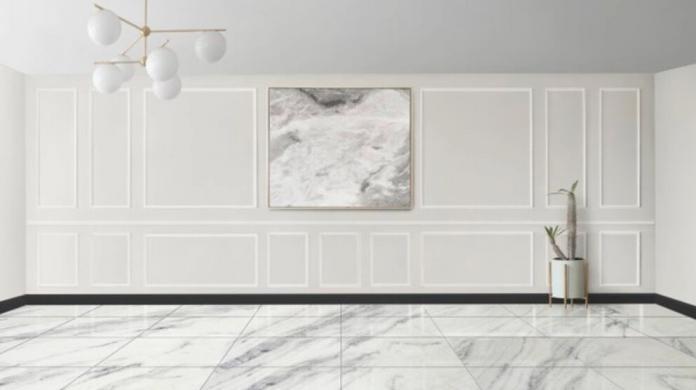Home ownership is a dream that many of us hope to achieve one day. Contrary to what many older Americans believe, however, this goal isn’t as easy to accomplish as it once was. No longer is it possible to graduate from high school, get a blue-collar job, save a few years, and buy a home. For many millennials looking to buy their first home, it’s a lot more complicated.
Today, even the youngest millennials are in their late 20s. Many are hoping to settle into a steady job with a decent income that will allow them to raise families in homes they own. In urban areas, where prices for townhomes and apartments are on the rise, millennial homeownership can be particularly challenging.
Changing the Market
Because millennials have been slow to purchase homes, many realty markets are adapting to meet the needs of their new clientele. For instance, many home-owning millennials found their home through an app or some other form of technology. Given this, many realty firms have spent years fine-tuning their online marketing strategies and developing apps that make searching for a home easy for those turning to the internet for their house hunting needs.
Likewise, many millennials that are successful in home buying are “picky”. After all, if you’re going to save for a decade to finally purchase a home, it may as well be the perfect one! Many find themselves trying to cater to a millennial market. For instance, many homeowners focus on updating outdoor spaces and landscaping in order to entice millennials.
Unfortunately, even though many millennials hope to find the perfect home after years of saving, the reality isn’t always so. In fact, in the current market, it can be particularly difficult to find a home at all. Availability in the housing market is at an all-time low, which is driving up prices making it very, very challenging to find anything suitable.
Becoming a Minimalist
To get around this, many first-time homeowners are putting their dream-home ideals on hold and just seeking out anything that will work. They’re adjusting their expectations and settling for a home that is much smaller or more cramped than originally anticipated. Adapting to the limited space means making a few lifestyle changes.
This has led a lot of millennials to become more minimalistic in their needs. Advocates for a simpler lifestyle firmly believe that minimalism offers a lot of real benefits. For example, removing many of the distractions that come with a bunch of stuff can greatly reduce stress, create more livable space, and offer more opportunities to go out and explore new things.
Conclusion
Although many millennials are interested in owning homes in urban areas, they’re running into significant roadblocks. Crippling debt, rising home prices, and a limited market mean millennials have to change the game by adapting their lifestyles to smaller homes that they can more easily afford.







